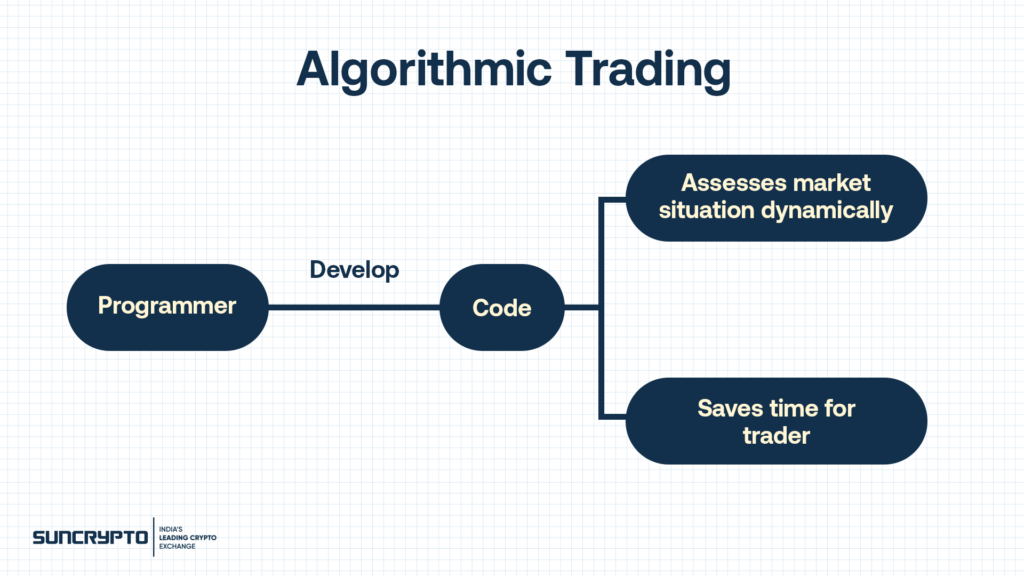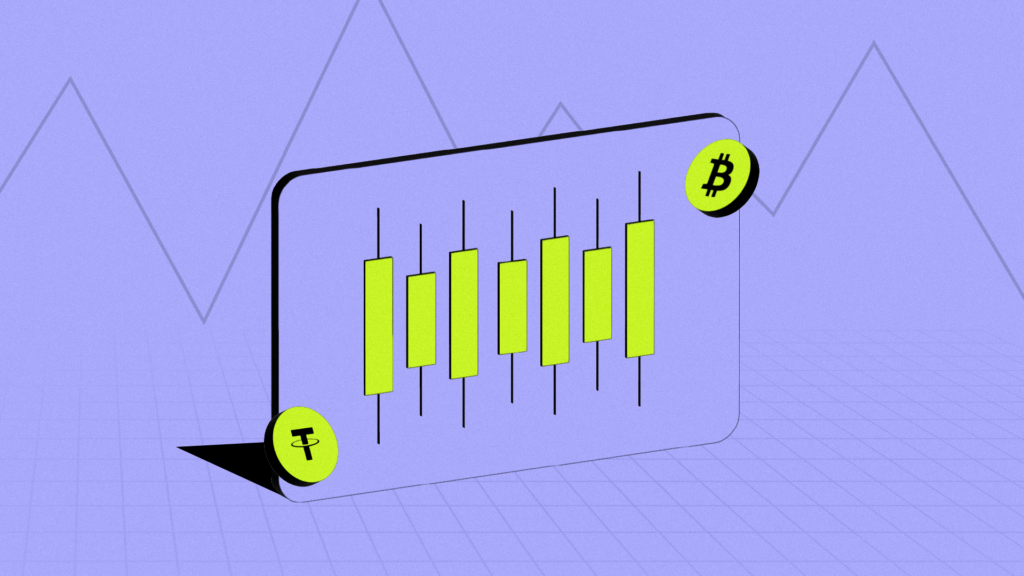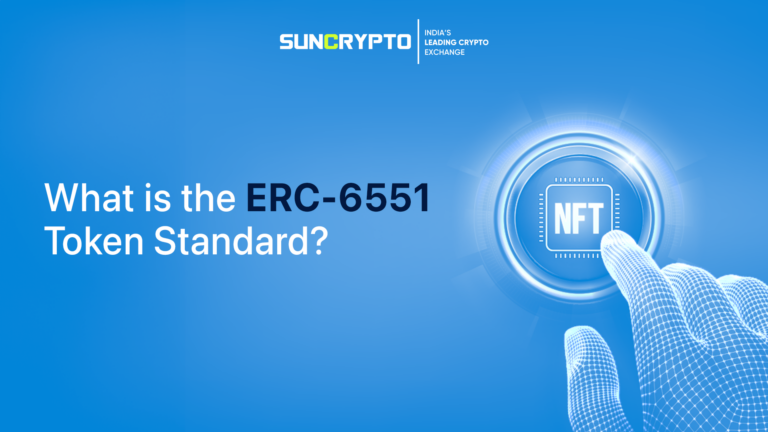Investing in any financial market includes several risks such as significant losses, but what if these risks could be eliminated by simply using programming technology? Introducing algorithmic trading, also known as algo trading, which allows you to trade without fuss in any financial market, including cryptocurrency, equities, and commodities.
Algo trading is a way of instructing a computer program to behave like a professional trader, using a predetermined set of rules to execute lucrative trades without the involvement of human emotions. This algo-trading feature is not new; it has been utilized extensively by wealthy traders for stock and currency trading. However, with cryptocurrency, algo trading is creating a new buzz.
So, let’s go over everything you need to know about algo trading and how it works. Is it legal in India? Let’s get into it.
What is Algo Trading?
Algorithmic trading is the process in which computer algorithms, as compared to human traders, carry out trades based on pre-established rules. Consider it as a team of automated trading algorithms that never sleep, constantly analyzing market movements and executing trades in the blink of an eye.

The algorithms can potentially be taught to handle any type of trade. This strategy is more typically used in fast-moving markets such as cryptocurrencies, stocks, and derivatives since quick trading and highly liquid markets make it more successful.
Moreover, low or nonexistent transaction costs make it simpler to benefit from quick, automatically executed trades, hence algorithms are often focused on low-cost possibilities. However, with a few tweaks, the same trading algorithms may also be used for slower-moving markets like bonds or real estate contracts.
These systems have become more complex over time, using AI approaches such as machine learning and deep learning. Some even employ LLMs like OpenAI’s ChatGPT to evaluate financial news and social media talk before making trading choices. Using a more thorough collection of real-world variables can theoretically improve the algorithm’s effectiveness.
Working of Algo Trading
Crypto algo trading entails developing sets of predetermined trading rules and conditions that use mathematics, historical data, statistical models, and current trading methods to provide an ideal plan for how much cryptocurrency to purchase or sell, at what time, and at what price. Here’s a detailed overview of how it works:
▪️ Strategy Development: The process begins with developing a trading strategy. This strategy can be based on technical indicators, statistical patterns, or other market data. The strategy defines the criteria for making buy and sell decisions.
▪️ Backtesting: Once the strategy is defined, it’s backtested using historical market data to assess its performance. This step helps to refine the strategy and optimize it for better results.
▪️ Execution: After backtesting and refining the strategy, the algorithm is ready for live trading. The algorithm continuously monitors market data and executes trades automatically based on the predefined criteria.
▪️ Order Execution: The algorithm can be programmed to execute various types of orders, such as market orders (buy or sell at the best available price), limit orders (buy or sell at a specific price), or stop-loss orders (sell when a certain price level is reached).
▪️ Risk Management: Effective risk management is an integral part of algo trading. Algorithms can include rules for setting stop-loss limits, position sizing, and other risk control measures to protect against excessive losses.
▪️ Monitoring and Adjustment: Once the algorithm is live, it requires continuous monitoring to ensure it’s functioning correctly and effectively. Adjustments may be made to the algorithm based on market conditions or changes in performance.
Overall, algo trading allows traders and investors to automate trading processes, enhance trading efficiency, and potentially achieve better performance by capitalizing on market opportunities faster than manual trading would allow.
Is Algo Trading Profitable in the Crypto Market?
Since computers are known to trade more quickly, reliably, and accurately than humans, algo trading, when done right, may be quite profitable. However, it takes a thorough grasp of mathematics such as algebra and calculus, as well as statistical analysis and probability, in order to evaluate previous and current market data and forecast future price changes.
This enables you to select the best high-quality trading algorithms while keeping aware of broader macroeconomic and market conditions, ensuring you have a robust risk management plan in place for erratic market behavior.
Decades of research indicate that only a few volatile days every year decide the most significant profits and losses, and you must strike the perfect mix of aggression and protection to benefit.
Does SunCrypto Offer an Algo Trading Feature?
SunCrypto presently does not offer Algo trading; instead, it offers buying and selling of over 280 cryptocurrencies, as well as staking services for several cryptocurrencies with up to 10% APY. However, this does not imply that we will not offer this functionality in the near future.

SunCrypto has a lot of stuff in its bank, and its IT staff is working hard to bring many new services to its consumers. Among these is the Algo trading feature, which users may overuse in the coming months. This function will raise SunCrypto users’ trading earnings to unprecedented heights. So, what are you waiting for? Join Suncrypto today to obtain early access to these features when they become available.
Is Algo Trading Legal in India
Algorithmic trading is currently legal in India. The Securities and Exchange Board of India (SEBI) has implemented rules and regulations to regulate algorithmic trading in our nation. In 2012, the market regulator published a detailed framework for algo trading called the “Framework for Algorithmic Trading and Co-location“.
Initially, only major institutions (banks, investment companies, etc.) were permitted to employ algo trading, but by 2016, regular traders could also participate. There are no restrictions or legislation that prevent retail traders from employing trading algorithms.
The regulations governing algo trading emphasize risk management, including steps to combat slippage (the gap between the predicted price of a transaction and the actual price at which the deal is completed) and protect against unexpected market movements. As a result, algo trading is totally legal in India for both individual and institutional participants.
Conclusion
Algo trading is the ideal option for traders aiming to reduce human mistakes while increasing earnings. As technology grows and market players adjust to new challenges and risks, algo trading’s efficiency and speed will become increasingly crucial in India’s financial landscape.
To learn more about Algo Trading, go check out SunCrypto Academy.
Disclaimer: Crypto products and NFTs are unregulated and can be highly risky. There may be no regulatory recourse for any loss from such transactions. All content provided is for informational purposes only, and shall not be relied upon as financial/investment advice. Opinions shared, if any, are only shared for information and education purposes. Although the best efforts have been made to ensure all information is accurate and up to date, occasionally unintended errors or misprints may occur. We recommend you do your own research or consult an expert before making any investment decision. You may write to us at [email protected].





